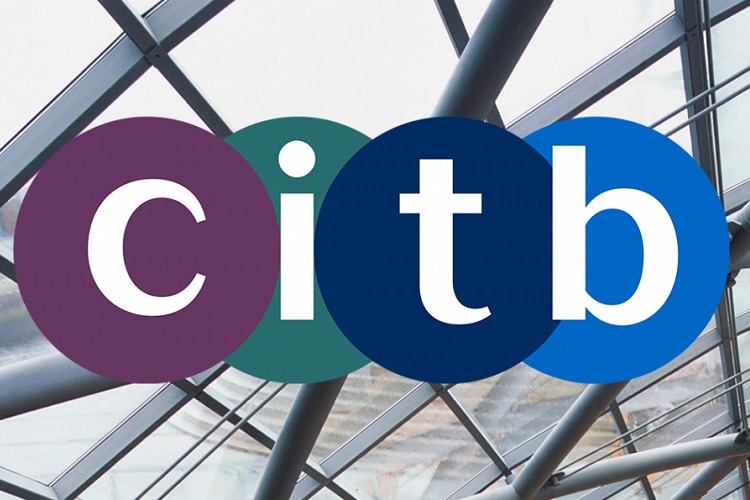The reality of a mental health crisis in construction

Kevin Fear, Health and Safety Strategy Lead at CITB, says,
“A generation ago, stress didn’t really register as a major problem in construction. That not because stress wasn’t an issue – far from it. It was more that people weren’t prepared to talk about it.
“Instead, workers would take time off for back pain or some such, and the true reason stayed masked. Nowadays, stress and depression has increased, while back pain has gone down – perhaps showing that some are getting more comfortable about reporting what they’re really going through.”
Either way, the fact is that all of us in the industry could do better at reaching out to each other when we’re feeling stressed.
Some shocking statistics bring home the truth of this. Every single working day, two construction workers take their own lives.
“Every single working day, two construction workers take their own lives”
Stress, depression or anxiety accounts for a fifth of all work-related illness and the industry loses around 400,000 working days each year because of them.
Onsite and older workers report higher levels of stress than their peers, often linked to the greater demands being placed on them with lower levels of control. Many construction workers are Casual or self-employed and say that the lack of job security can contribute to mental health problems. Without paid sick leave, holidays or access to company health programmes, it’s also harder for them to get support and make a recovery.
On top of that, a physical injury at work can have serious mental health consequences. Some 2,000 accidents in construction each year leave workers unable to return to work, and many more experience minor injuries that make work difficult, increasing stress, anxiety and the likelihood of depression.
Building Mental Health
CITB recognises the importance of promoting positive mental health in construction and of shaping a culture of change to combat stigma and discrimination.
We have already awarded £500,000 to Building Mental Health, an industry-led initiative to increase awareness of mental health issues in construction, with a further £500,000 shortly to follow from our flexible fund.
The fund will train some 288 mental health first aid instructors across industry and ultimately around 6,000 onsite mental health first aiders by 2021. Better still, the training is available to anyone who works in the built environment, not just levy-registered employers and contractors.
“Mental health first aid training is available to anyone who works in the built environment”
Employers can apply for funding for innovative mental health projects, and apply for grants for completed courses that follow the CITB standard.
Mental health first aid
Mental health first aid enables trainees to recognise common mental health problems and give initial support to colleagues in distress.
Mark David, Assistant Fund Manager at CITB, who’s involved in the initiative and is also a mental health first aider, says:
“It’s not about making a huge intervention if there’s a problem, but learning to read the signs and flagging up possible actions before it gets worse.
“Like normal first aid, your response depends on the severity of the problem. It might be that a quiet chat is enough, that someone is worried about change at work and needs reassurance or a simple workplace adjustment to put things back on track. In other instances, the help of mental health professional might be more appropriate.”
The initiative has been highly effective in raising awareness about mental health in construction, making workplaces more supportive and targeting help. But it’s reckoned that the industry needs another 36,500 mental health first aiders to cover demand.
Addressing the root causes
Mental health first aiders, however, aren’t equipped to deal with the root causes of mental health problems in the industry. “War zone medics on the battlefield save lives, but they aren’t the answer to how to stop people being harmed in the first place,” Kevin Fear says.
“Systemic problems in the construction industry, such as long supply chains, the withholding of payments, slim profit margins and job insecurity all go towards increasing stress and anxiety. These are hard to tackle, but it doesn’t mean we shouldn’t try.”
“Systemic problems are hard to tackle, but it doesn’t mean we shouldn’t try”
Get support
You don’t need mental health first aiders on hand to get help. The Lighthouse Club, a charity providing emotional and financial assistance to the construction community and their families, runs the free and confidential Construction Industry Helpline giving 24-hour advice on health and mental wellbeing, as well as many other areas.
It has also launched the free Construction Industry Helpline App, offering information and advice on how to stay mentally healthy, or if necessary, to find professional help before problems become critical.











Responses